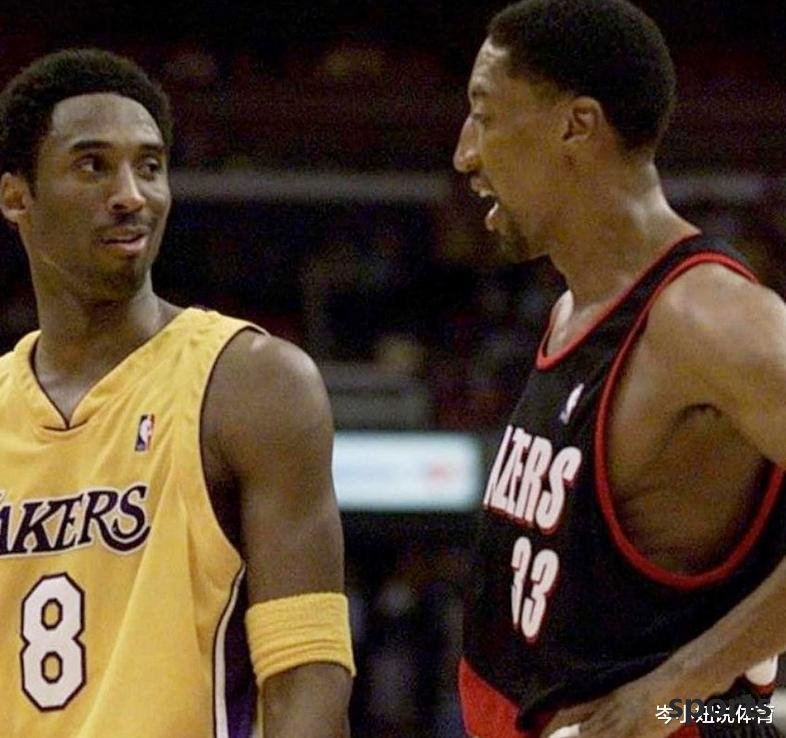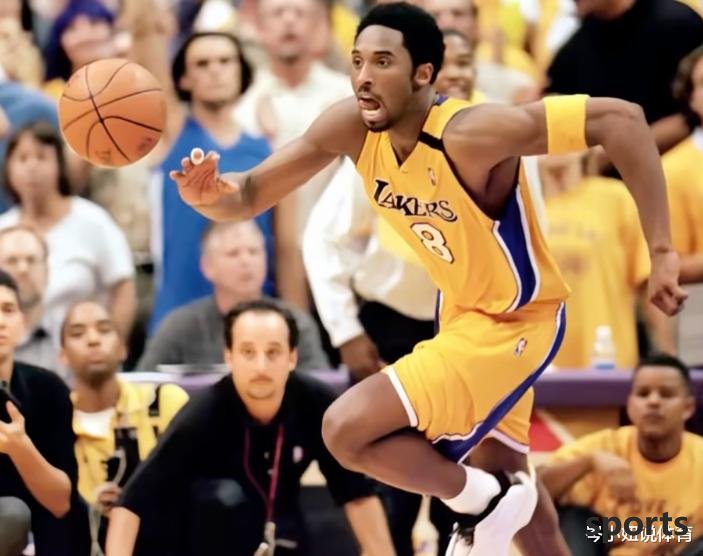How to evaluate a player’s historical status? What are the three most important glory?
7:41am, 16 May 2025Basketball
On May 12, evaluating a player's historical status is an eternal topic in the basketball world and a focus of debate that fans are celebrating. Among the many measurement criteria, the championship, regular season MVP and finals MVP (FMVP) are undoubtedly the three most important honors. These three honors represent team achievements, personal abilities and performance at peak moments, and together form the cornerstone for evaluating the player's historical status. However, simply comparing the number of honors does not fully reflect the true value of the player. It also needs to be comprehensively considered based on multi-dimensional factors such as the background of the times, the influence of the game, and the continuity of the career.

First of all, the championship is the primary indicator for measuring the player's historical status. Basketball is a team sport, and winning the championship is the ultimate goal of every player. The championship ring not only represents the success of the team, but also reflects the players' resistance to stress and leadership in a high-pressure environment. For example, Bill Russell has 11 championship rings, an achievement that has yet to be reached, establishing his legendary position in NBA history. However, the value of the championship also varies according to the player's role in the team. The value of core players leading a team to win championships is obviously different from the value of role players winning championships with the team. Tim Duncan has brought five championship trophys to the Spurs and has always been the team's offense and defense, which has put him in a far higher historical position than role players who have multiple championships but have limited contributions. In addition, some players join strong teams to "group" to win the championship later in their careers, and the value of this championship is often reduced. Therefore, when evaluating the value of the championship, the actual contribution and team role of the player in the championship process must be considered.
Secondly, the regular season MVP is the highest honor for evaluating the player's personal abilities. The MVP Awards are voted by media and experts to recognize the best players during the regular season. Obtaining an MVP means that the player has maintained a very high level of competitive throughout the season and has played a decisive role in the team's success. For example, Michael Jordan won the MVP five times in his career, and LeBron James won the honor four times, which provided strong support for their entry into the ranks of the greatest players in history. The selection of MVP not only values data, but also focuses on the players' influence on the game and team's performance. Players like Steve Nash who have not exploded data but have excellent team record have also won MVP twice, which reflects the award's emphasis on "winning contribution". However, there is also some controversy in the MVP selection, such as the competition in some seasons is very fierce, and the final result may only depend on the differences in a few votes. In addition, MVP selection is inevitably affected by media narratives and player reputation, so it cannot be completely equated with the absolute ranking of players' actual abilities. The

Finals MVP (FMVP) is the most dramatic and legendary of the three honors. It is awarded to the players who perform best in the finals, often the core members of the championship team. FMVP not only requires players to show extraordinary strength on the highest stage, but also needs to carry the team at critical moments. For example, Michael Jordan entered the Finals and won six championships and won all FMVPs, a feat that perfectly illustrates his dominance at critical moments. Similarly, although LeBron James' winning rate in the finals is not high, his achievements in the 4 FMVPs also prove his worth as a team leader. What is unique about FMVP is that it focuses on the peak performance of the series and often produces many classic moments. For example, in 2016, LeBron James led the Cavaliers to complete an epic reversal and was undisputedly elected FMVP, which greatly enhanced his historical status. However, FMVP also has limitations, such as the selection of certain years may be controversial, or the value is insufficient due to the huge gap in opponents' strength. In addition, FMVP is more inclined to offensive players, and it is difficult for defensive experts to win this honor even if they make huge contributions.
In addition to the three major honors, other factors need to be considered when evaluating the player's historical status. First, the continuity of career, that is, the ability of players to maintain a high level of their ability for many years. For example, Karim Abdul Jabbar has had a career that lasts 20 years and has always been the core of the team, and this durability has greatly improved his historical rankings. The second is data accumulation, including total scores, rebounds, assists, etc. LeBron James is at the forefront of history in multiple statistics, which provides strong support for him to compete for the best in history. The third is the difference between the background of the times and the style of the competition. Wilt Chamberlain's data dominance in the 1960s was shocking, but the rhythm and defensive intensity of the game at that time were completely different from modern basketball, and it was not fair to directly compare the data. Fourth, international influence and cultural symbol value. Michael Jordan is not only synonymous with basketball, but also promotes the globalization of the NBA. This influence beyond the arena is also an important part of his historical status.

When comparing players in specific terms, the weight of the three honors is not fixed, but needs to be flexibly adjusted according to the actual situation of the players. For players who are good at team contribution, the weight of the championship can be appropriately improved; for players with outstanding personal abilities, MVP may be more convincing; for those players who repeatedly create miracles in the finals, the value of FMVP is more prominent. Taking Kobe Bryant and Shaquille O'Neal as an example, Kobe won two championships as a leader in his later career, while O'Neal achieved three consecutive championships at the beginning of the new century and won the FMVP. The dispute over the historical status of the two has not yet been concluded, which is precisely because of the different focus of honors. Similarly, although Stephen Curry only had one FMVP, he led the basketball tactical revolution and led the Warriors to win four championships as a core. This transformative influence is also an important plus point to his historical status.
It is worth noting that with the development of basketball, evaluation standards are also constantly evolving. Modern basketball emphasizes new indicators such as data analysis, efficiency values and game influence, which challenges the authority of certain traditional honors.. For example, the selection of regular season MVPs is increasingly paying attention to the improvement of players' performance rather than simply data accumulation. In addition, players' performance in the playoffs, especially at critical moments, has also received more attention, and the "playoff mode" has become an important touchstone for evaluating the quality of stars. These changes mean that the system of judging historical status will be more diversified and refined.
Related Posts
- The Lakers blocked the top three, defended O Neal s center Elden Campbell, helped the Pistons win their first championship
- Notes: Split is good at dealing with players self-esteem issues, better than David Blatt in this regard
- Rockets vs. Mavericks! The 2026 China Game matchup is revealed. Yao Ming and Dumont facilitate the showdown between the two teams.
- The Hornets were cleared from the three-ball goal, won’t they really negotiate with the Clippers, right? Is Harden really a match with the three-ball goal?
- Xu Media welcomes KD to join: Stone Uduka repeatedly praises Kleiman hinted that he will wear back to No. 7
- You need to be content to win the runner-up! Don t worry about the last shot, the head coach will control the rhythm of the game or have surprises
- Helping Irving find a stand-in, the Mavericks have set their reinforcement targets on three point guards?
- The 60-point player in a single game stays for the Spurs for a long time! It is bigger than Duncan s contract
- He Youjun and Yao Ming in the same frame
